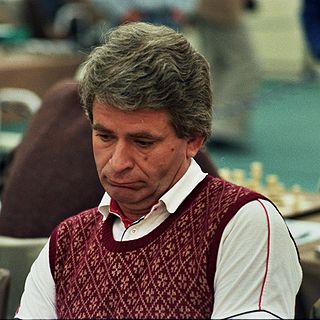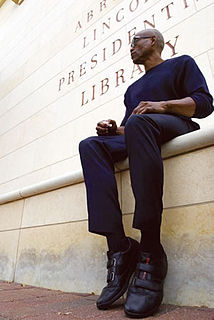A Quote by Stanley Kubrick
Chess teaches you to control the initial excitement you feel when you see something that looks good and it trains you to think objectively when you're in trouble
Related Quotes
Social media has totally transformed the way we communicate with each other and the way we provide for needs as we see them. I've always believed that if somebody looks good, they invariably are going to feel good. And it's self-fulfilling, because you'll just relax, you'll smile, you'll think you own the world. But if you also do good, you'll feel even better. So my goal is to make what we do meaningful in as many people's lives as we can.





































